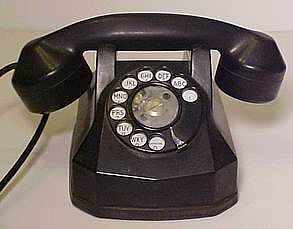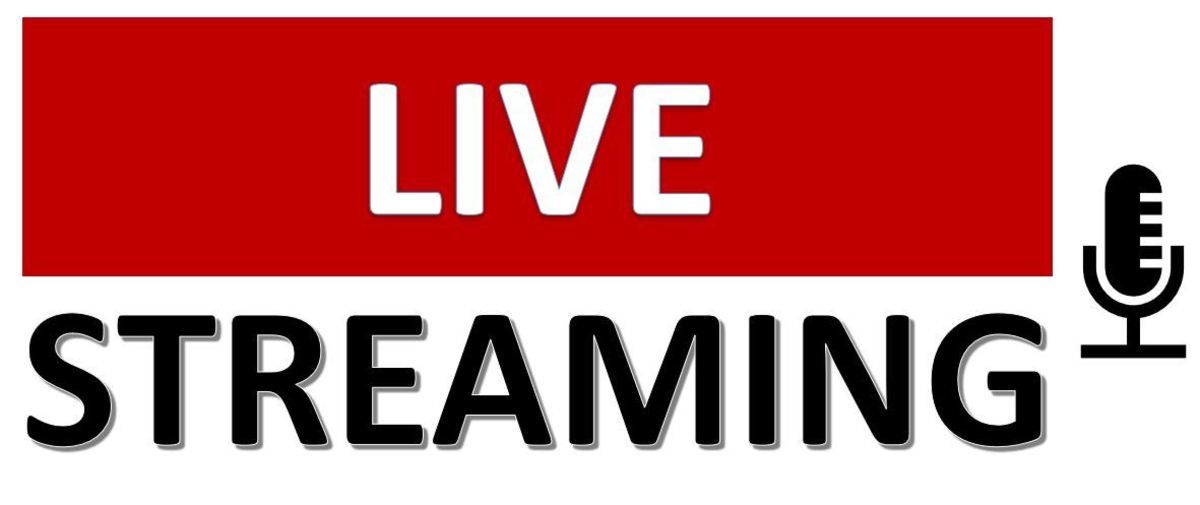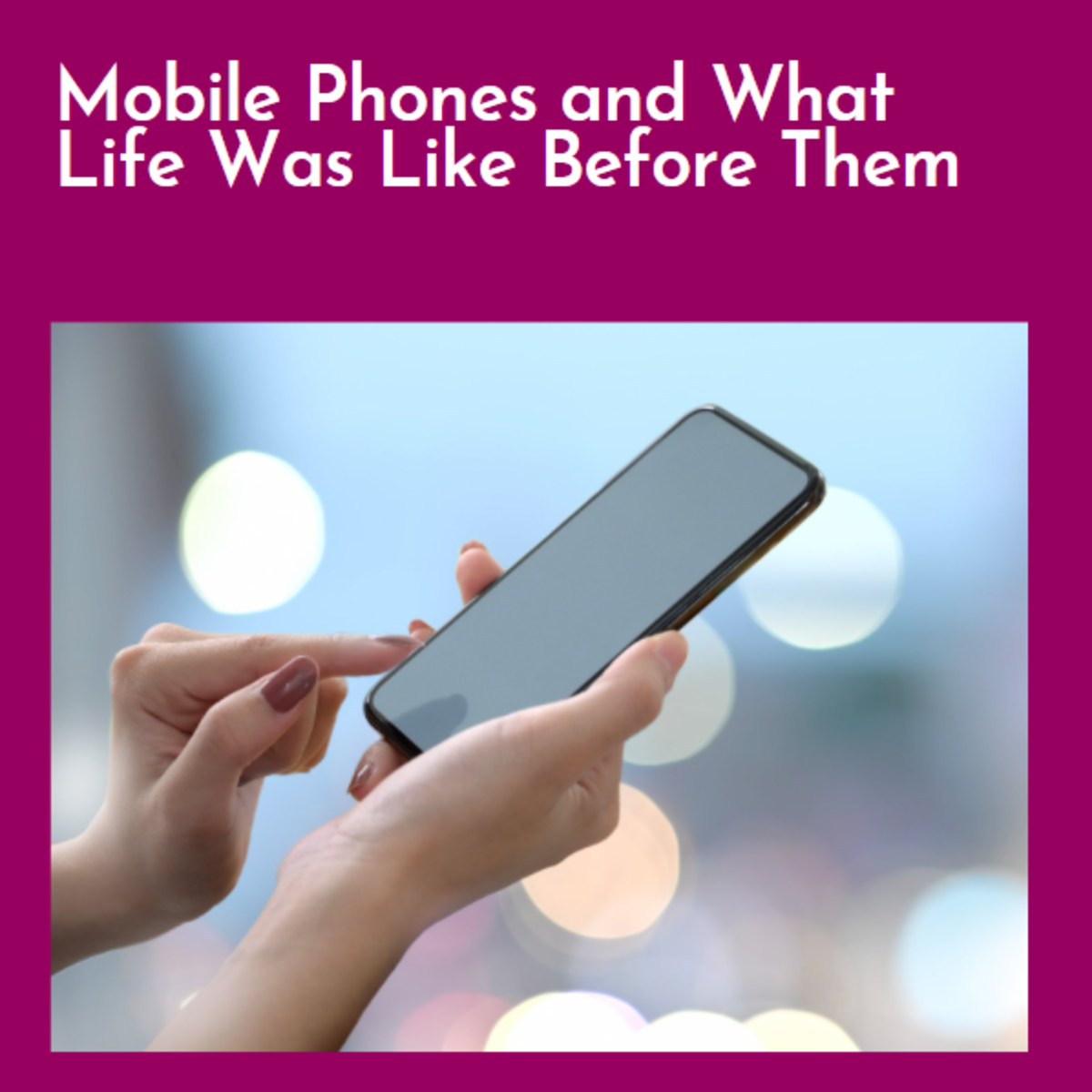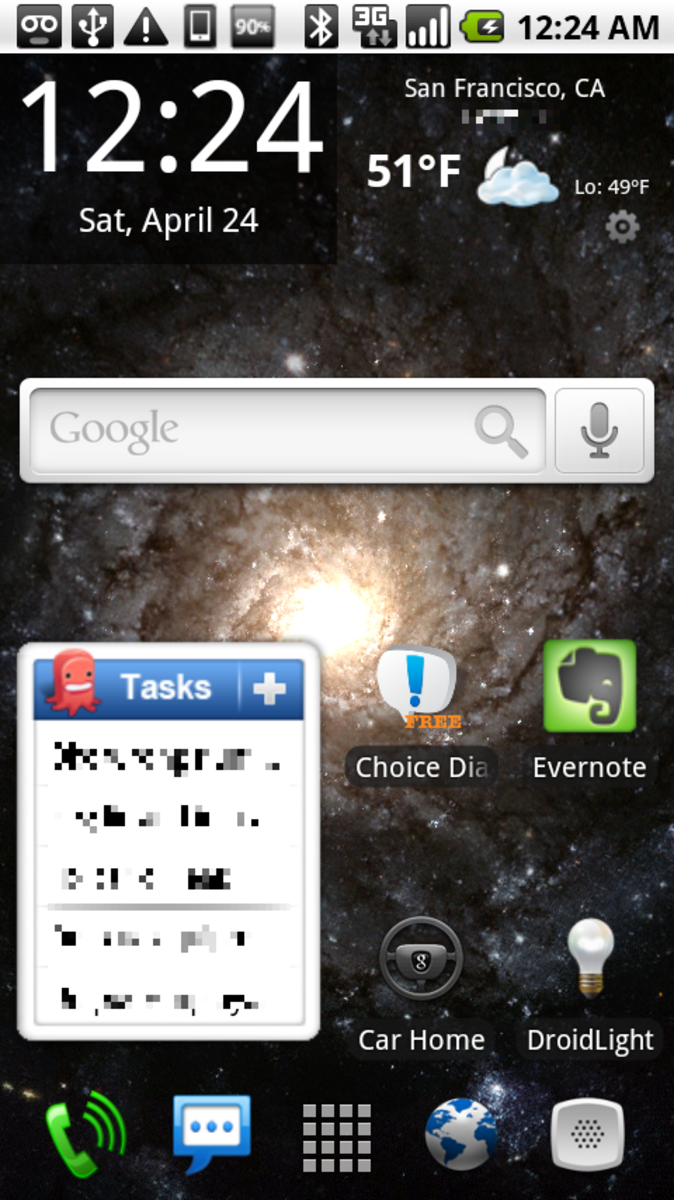A Slow Media Experiment
A few times a year, I get overwhelmed with modern technology to the point of wanting to check out completely. I get the feeling that my being constantly "logged in" and mindlessly checking email and Facebook just can't be a good thing. I get the urge to go back to basics by throwing out my cell phone, signing out of Facebook and shutting down my e-mail.
Yes, I am sure it is possible, but I also realize that living in a modern society does not exactly make these things easy.
And, although I get overwhelmed sometimes, I like Facebook, e-mail and using my smart phone. I am a person who enjoys Tweeting about my life and sharing links I StumbleUpon.
As such, I decided to explore the idea of simply slowing down my media consumption.

Slowing Down
The Slow Media Movement (SMM) is a reaction to excessive technological use and information overload. The SMM aims to go back, literally, to a slower time.
In the article “Move Over Slow Food: Introducing Slow Media”, author Elissa Altman argues that new media is not about usability for the users benefit. Altman states that it is about “selling us, the consumer, the next big thing, which will be obsolete by the time it hits stores so that we want the next big thing after that." The author described going “slow” as the only answer to this fast-paced phenomenon. Altman advocates listening to albums, writing letters, cooking from scratch and reading books made of paper. Altman also makes a valid point that slow media is about going back to a simpler time where keeping up with technology was not the main focus.
Slowing down and consuming media purposefully greatly appeals to me, so I decided to implement my own concept of a Slow Media (SM) diet. I could not visit any websites, multitask, check emails, or use social networking. I turned off my cell phone for two days and put it in a drawer. Essentially, the point was to revert back to 1990.
Facebook Deactivation
To prepare, I wrote an automatic e-mail response that stated that I was not checking messages for two days. I phoned essential friends and family members and told them that I would be unavailable for a couple of days.
The most difficult preparation was the act of deactivating my Facebook account. I put up a Facebook status message telling friends not to be alarmed or worried about my disappearance. I was concerned that some friends might think I blocked them and did not want to offend or cause unnecessary worry. Although I am an avid user of Facebook, the difficulty I experienced was not exactly in the concept of deactivating my account, but in the actual act of doing so. Facebook tries to prevent the act as much as possible. Finding out even how to deactivate was difficult. Also, Facebook attempts to dissuade users from deactivating on a personal level by posting pictures of the user with friends and family and stating that those members would “miss” the user. This is presumptuous and says a lot about the concept behind social networking. This implies that without Facebook, users would have no contact with their “friends” again. This may be the case in some circumstances, but this also begs the question, is the user truly friends with these other users? If not, then is it such a big inconvenience for the two users to lose contact anyway?
Exceptions
I made some exceptions. There are some devices (such as television and landline telephones) that qualify as slow media but have been replaced by other devices in today’s information environment. I do not have a landline in my apartment, so I permitted the use of my cell phone to call my significant other when I was at home, reasoning that I would be able to do so if I had a landline, which qualifies as slow media. I also permitted the use of Hulu.com and Netflix to “watch television” on my computer since I do not have an actual television in my home, which I would have had in Slow Media times.
A New Focus
My Slow Media experiment went smoother than I expected. The world did not come to an end and my life did not fall apart. I was able to focus and slow down. I spent more time socializing with my roommates instead of surfing the Internet while at home.
During my slow media diet, I realized that utilizing “fast media” has a purpose in my life. Using the Internet, cell phones and DVR allows me the convenience to use media on my own time. Even something as simple as going to Weather.com to check the weather saves me valuable time instead of watching a local news channel and waiting for the weather report. Using my cell phone to call someone if there is an emergency is extremely useful. Getting directions to a new location is much easier with Google Maps or my Global Positioning System device than by calling and asking someone for directions or using a paper map.
However, four days after my Slow Media diet technically ended, I still had not reactivated my Facebook account and did not miss it in the least—and I am someone who signed on to Facebook multiple times a day. Eventually I reactivated but decided to opt out of receiving distracting e-mail alerts.
I am now a more conscious media consumer.
More on Slow Media
- Slow Media
A compendium of artifacts and discourses regarding digital disenchantment and the possibilities for a less-mediated life. - A slow media movement | Marketplace From American Public Media
Have Facebook friend requests, cell-phone messages, incessant emails and texts made it impossible to disconnect? Feel overwhelmed? Sally Herships reports on one solution.








